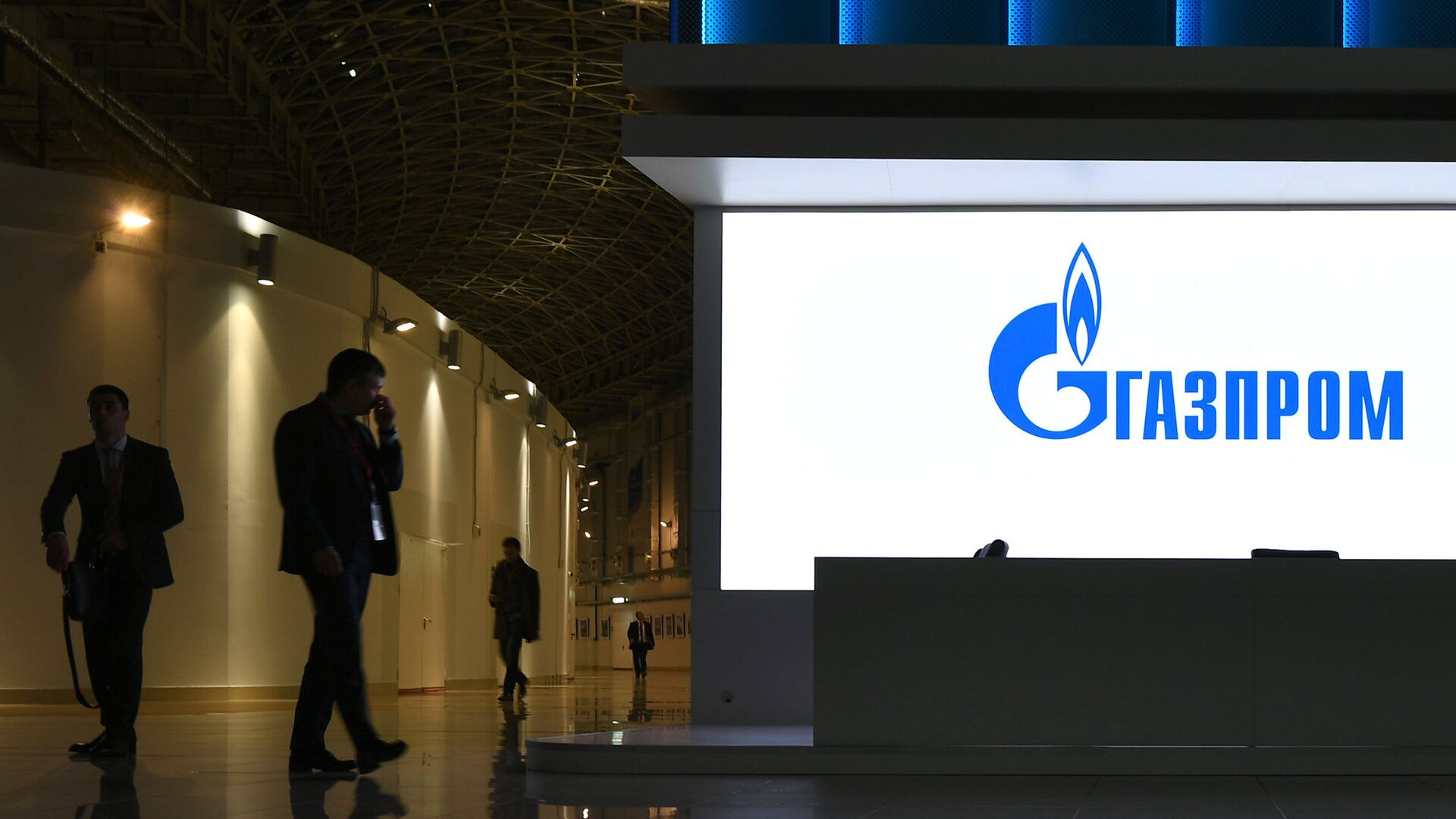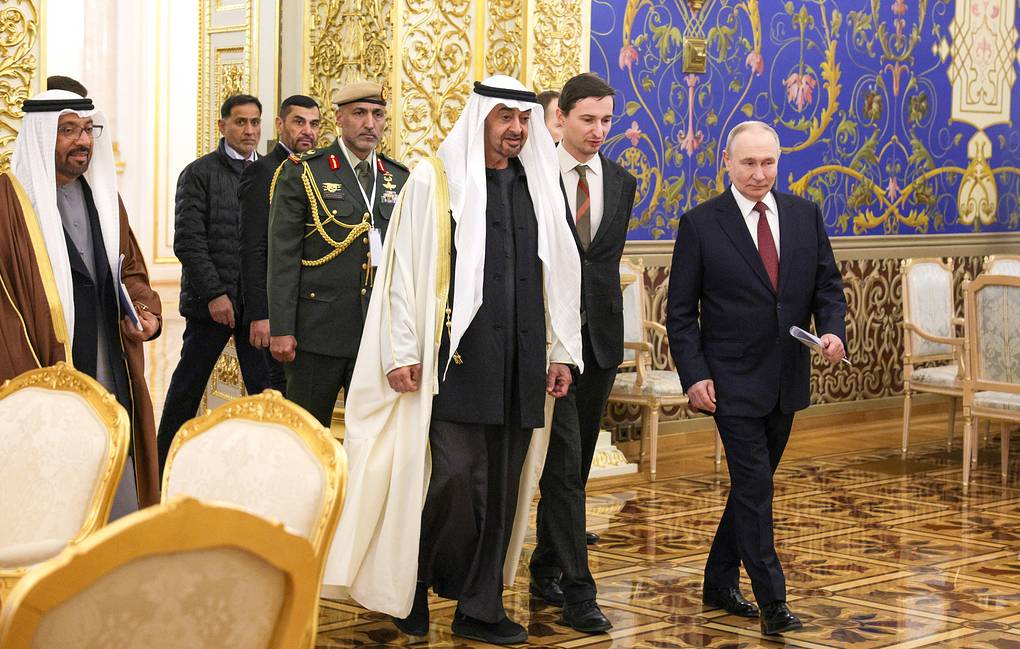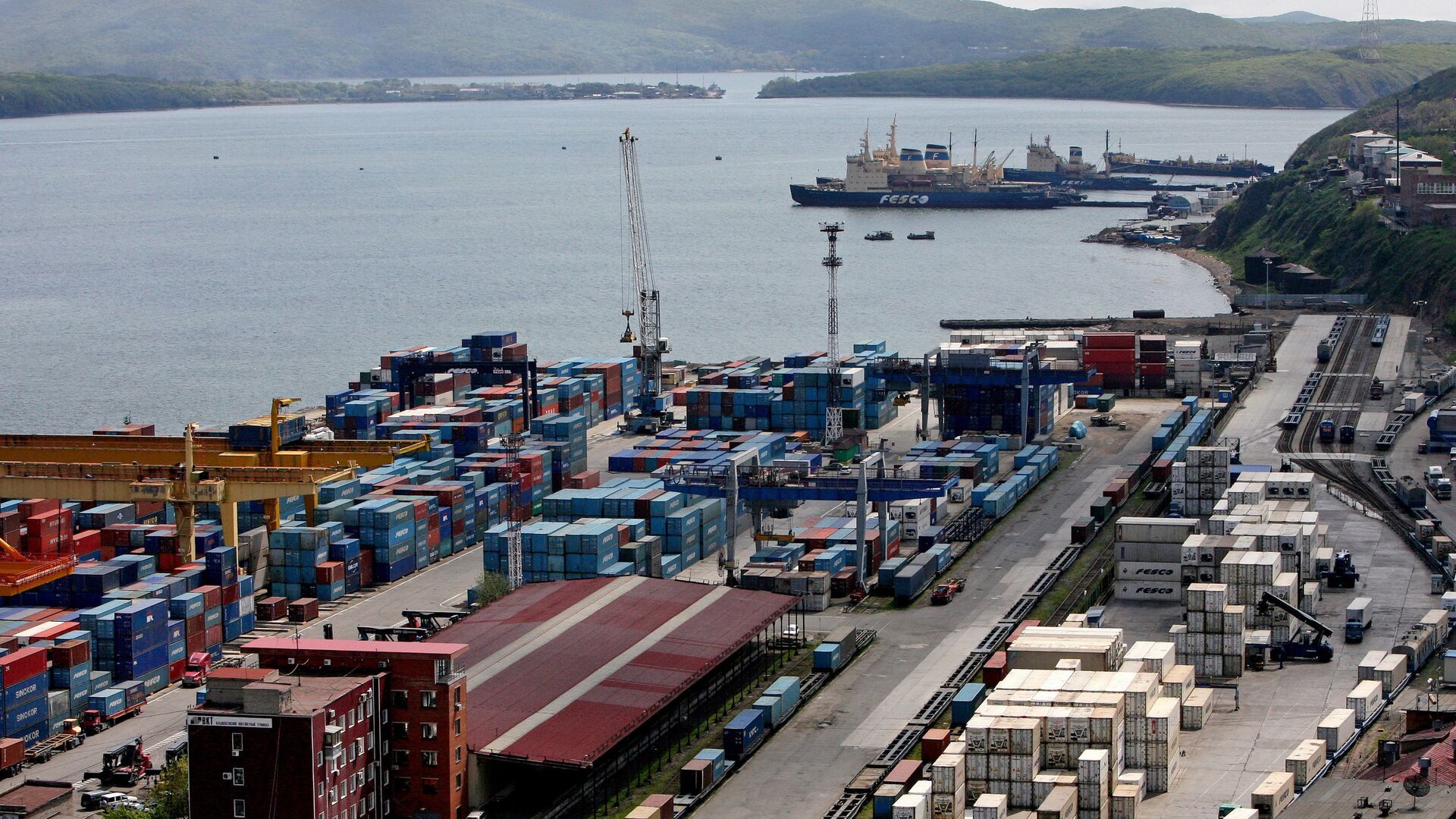
Belarus Threatens to Cut off Russia’s Pipeline Flows to Europe
Belarus Threatens to Cut off Russia’s Pipeline Flows to Europe
Another oil and natural gas transit feud is brewing between Belarus and Russia, with President Alyaksandr Lukashenka threatening to disrupt pipeline flows to Europe and Ukraine in retaliation for Russian restrictions on Belarusian apples and pears (News.ru, April 12). Rosselkhodnadzor, the Russian agency that oversees agricultural imports, announced this month that it is limiting this Belarusian fruit because of what it contends is poor quality. The move is a huge blow to Belarusian agriculture because Russia buys 80 percent of its products (Belsat, April 10).
Lukashenka warned he might cut off Russian oil transit through the Druzhba pipeline, which runs across Ukraine and Belarus to Poland and—via other pipelines—to Central Europe and Germany. He also flew to Turkey in hopes of finding a new market for Belarusian agricultural products (Belta.by, April 16).
As justification for a potential transit cut-off, Lukashenka complained that Russia had failed to carry out long-promised repairs on the Druzhba—implying that the pipeline was unsound. The pipeline owner, Russia’s Transneft, dismissed the criticism, terming the Druzhba’s operation “satisfactory” (Oreanda.ru, April 12).
Nonetheless, spurred on by Lukashenka’s threats to shut down the pipeline, the Belarusian Oil Company (BNK) and the petrochemical concern Belkhimneft, both state owned, made simultaneous statements complaining about the poor quality of Russian crude transported via Belarus. Immediately thereafter, Poland, Germany and the Czech Republic declared they were halting imports of Russian crude over quality concerns. The Russian energy ministry vowed to supply higher-quality oil before April 29 (Belsat, April 25).
This may be Lukashenka’s last chance to win oil and gas concessions from Russia. He currently has leverage because Russia is also embroiled in a transit dispute with Ukraine—and Russia cannot afford supply disruptions in both countries simultaneously. Lukashenka also knows that once two planned Russian pipelines that skirt Ukraine and Belarus come online, in late 2019, he will lose much of his negotiating position. These two pipelines are Nord Stream Two, which will deliver an additional 55 billion cubic meters (bcm) gas per year under the Baltic Sea to Germany, and TurkStream (15.75 bcm annually), which will supply southern Europe via the Black Sea and Turkey.
The Druzhba pipeline is a major revenue generator for both Russia and Belarus. Moscow sends a quarter of its oil exports to Ukraine, Belarus and Europe through Druzhba, with a third of this going mainly to Poland and Germany (Neftegaz.ru, April 5).
Meanwhile, Belarus buys around 20 bcm of Russian gas a year (Pism.pl, August 17, 2018). In fact, Russia is almost the sole supplier of oil and gas to Belarus, whose two refineries generate much of the country’s income. In addition, Belarus transits 39 bcm of Russian gas to Europe, mostly through the Yamal-Europe pipeline, operated by OJSC Gazprom Transgaz Belarus (Interfax, June 15, 2018). The deliveries go to Poland, Germany, the Netherlands and Belgium. This month, Gazprom temporarily halted gas deliveries through Yamal-Europe so it could do maintenance, making up the shortfall by boosting export volumes through Ukraine (Natural Gas World, April 16).
Moscow and Minsk have been squabbling about Russian oil and gas prices to Belarus and about transit supplies through Belarus for 15 years. In 2004, Gazprom refused to sell gas to Belarus at the low prices the country demanded (Ecpr.eu, 2012). Since then, both countries have repeatedly cut off or constrained supplies to Belarus or have interrupted transit through the country. In 2007, Belarus retaliated to an ongoing pricing dispute by siphoning off some of the oil that Russia was shipping through the Druzhba pipeline (EurActiv, January 8, 2007). And notably, Russia halted or restricted gas supplies in 2010 and 2017 (see EDM, June 21, 2010; February 27, 2017). It took almost a year for the countries to reach the agreement that settled the 2016/2017 dispute, but it will expire soon (se EDM, October 1, 2018).
Belarus, the only Eurasian Economic Union (EEU) country that imports gas directly from Russia, pays the lowest price of any member, $127 per 1,000 cubic meters. Armenia and Kyrgyzstan, EEU members which do not border Russia, pay $165 (Reuters, April 1). But Belarus, in turn, charges Russia the lowest transit fee of any EEU country; and Minsk argues that the price Russia has imposed on its gas violates the bloc’s fair-competition provisions. As proof, Lukashenka noted that gas in Russia’s Smolensk Oblast, which borders Belarus, costs only $70 (Interfax, December 7, 2018).
Minsk is also concerned that the changes in Russia tax law will increase the price Belarus pays for oil. Russia did away with oil export duties, shifting taxes to producers instead. When Russian refineries protested that the higher taxes would hurt them by raising the cost of their crude, the government gave them a tax rebate. Belarus stands to lose too much income by providing a rebate, however. To make up for the shortfall, it proposed to increase the tariff fee it charges on Russian oil transit by a whopping 23 percent (BNA, August 3, 2018).
Because Belarus’s economy is so intertwined with Russia’s, it is unable to withstand lengthy oil and gas supply disruptions. In the 2017 crisis, when Russia cut 30 percent of its oil exports to Belarus, Mink tried to offset the losses with international imports via the Black Sea and Ukraine as well as the Baltic, through Poland (Belarus Digest, April 6, 2017). But the alternative routes cost it an additional $1 billion (Neftegaz.ru, April 4, 2017). At one point, Belarus hoped to import oil through the planned Odesa–Brody pipeline. But the project, which would have run from the Black Sea port of Odesa to the Ukrainian city of Brody, near the Polish border, was indefinitely shelved in 2013 (Enerdata.net, October 7, 2013).
Another problem for Belarus is that its oil refineries in Naftan and Mozyr, which were built in Soviet times, were designed to use poor-quality Russian crude. It has been upgrading them since 2017 to be able to refine non-Russian crude, and reportedly the work will be done this year (Neftegaz.ru, April 22, 2019).
Nevertheless, BNK already stopped the transit of diesel and gasoline via Belarus to third countries (Interfax, April 23). And meanwhile, the status of natural gas as Belarus’s dominant fuel will change when Rosatom commissions the country’s first nuclear plant in Ostravets next year (World Nuclear News, February 28).
As these multiple developments suggest, Belarus’s energy picture is changing rapidly. It remains to be seen whether Russia can maintain its stranglehold on Belarusian energy supplies—and the geopolitical clout that accompanies it. But clearly, Belarus is trying to keep Russia at bay.


